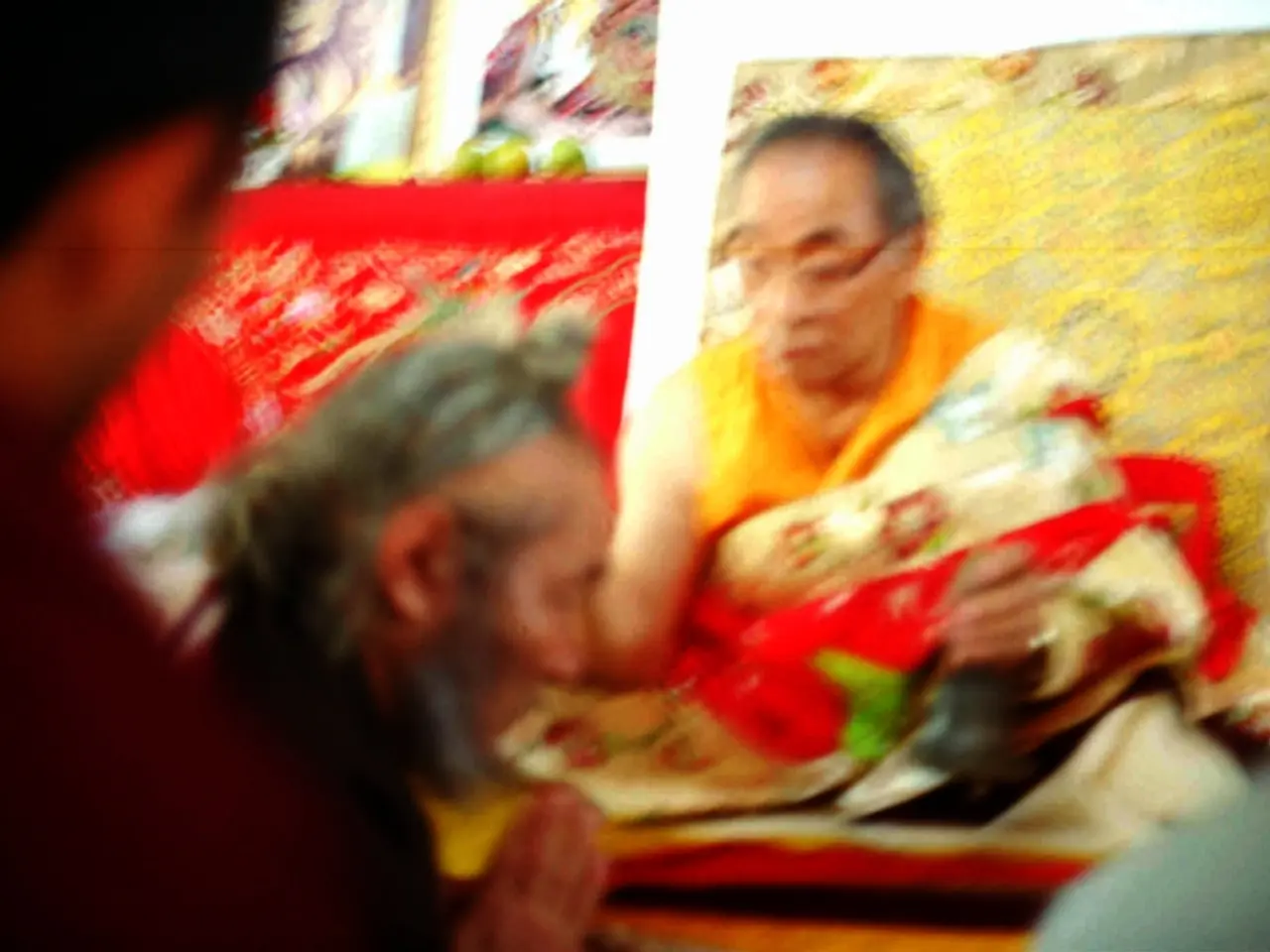Encouragement to Extend Acts of kindness
In a world often clouded by adversity, the simple act of kindness can be a beacon of hope. Kindness, as an outward sign of internal love, has the power to transform lives and communities, as reflected in the teachings of Baha'u'llah and Abdu'l-Baha, and the inspiring example of Anne Frank.
Kindness awakens bounties and gifts latent in one's soul, benefiting one's inner character. It serves as a powerful personal healing tool, enhancing mental and emotional health through trust-building, healing, and self-compassion. Kindness fosters emotional healing, trust, and stronger social bonds, making it a crucial component in promoting peace and unity.
Abdu'l-Baha urged helping every victim of oppression and being the patron of the disadvantaged. He encouraged becoming a center of attraction through sincerity, faithfulness, love, honesty, and loving-kindness towards all peoples of the world. These virtues nurture unity, humility, and peace within society, values embodied by Anne Frank's messages of hope and compassion despite adversity.
Physical health improvements are also associated with kindness. It slows down the aging process and improves relationships and connections, which boosts health. Kindness acts as a deliberate practice that cultivates humility, compassion, and a sense of dignity and belonging — critical to transforming lives and communities.
Kindness has benefits for both the giver and the receiver. It broadens one's life's frame of reference and serves as a symbol of respect to anyone who receives it. Extending kindness to others requires courage, love, concern, and a willingness to sacrifice resources, time, or energy. However, the temporary hurt that fear of rejection may cause should not deter one from showing kindness.
Barbara De Angelis wrote that love and kindness are never wasted and always make a difference. Small acts of kindness, as Desmond Tutu stated, can overwhelm the world. Kind acts, such as holding doors, Meals-on-Wheels deliveries, and letting cars merge in traffic, are frequently observed in daily life.
In extreme circumstances, kindness can interrupt negative cycles of isolation or violence. A real-life example illustrates this power, where a single act of kindness derailed a boy's violent intentions, demonstrating its potential as an intervention.
On a neurological level, generosity and kindness activate brain reward centers by releasing dopamine and oxytocin, chemicals that promote joy, motivation, and social connection, thus positively reinforcing behaviors that benefit both individuals and communities.
Baha'u'llah urged people to focus on rehabilitating the fortunes of mankind and sanctifying their hearts and souls. He suggested sweetening the souls of those who poison one's life. By practicing kindness daily—in schools, homes, and workplaces—people create environments that foster empathy, resilience, and collective well-being.
In summary, kindness is both a powerful personal healing tool and a catalyst for positive societal change. It enhances mental and emotional health, improves physical health, strengthens social bonds and communities, transforms individuals, and promotes peace and unity as foundational societal values. So, if one wants to live a long and happy life, they should be kind.
Kindness, a vital aspect of personal growth, not only fosters emotional healing and stronger relationships but also boosts mental and physical health, enhancing one's overall lifestyle. Cultivating kindness, as a practice, contributes to education and self-development by shaping individuals into compassionate contributors to their communities, promoting societal values of unity, empathy, and peace.




